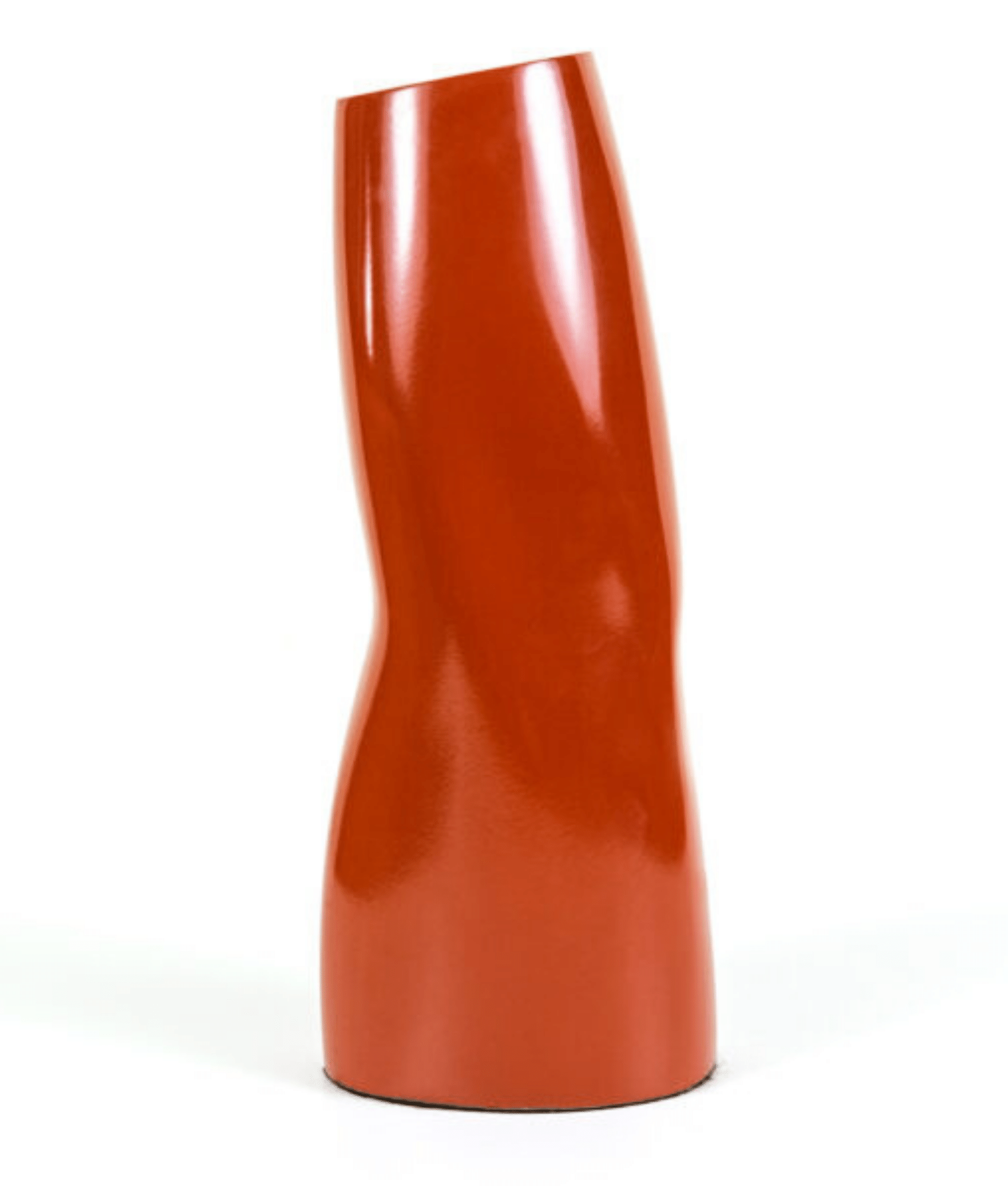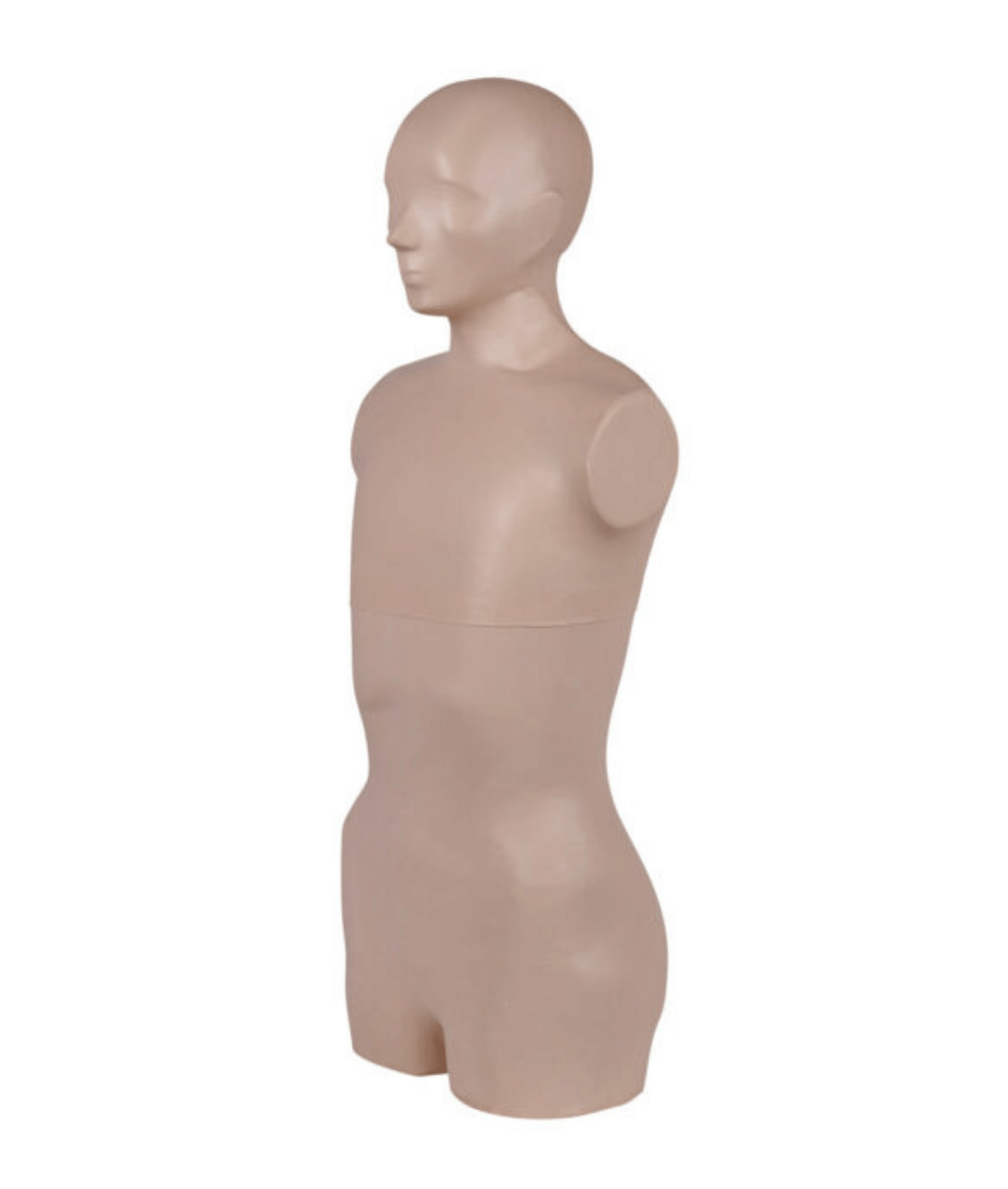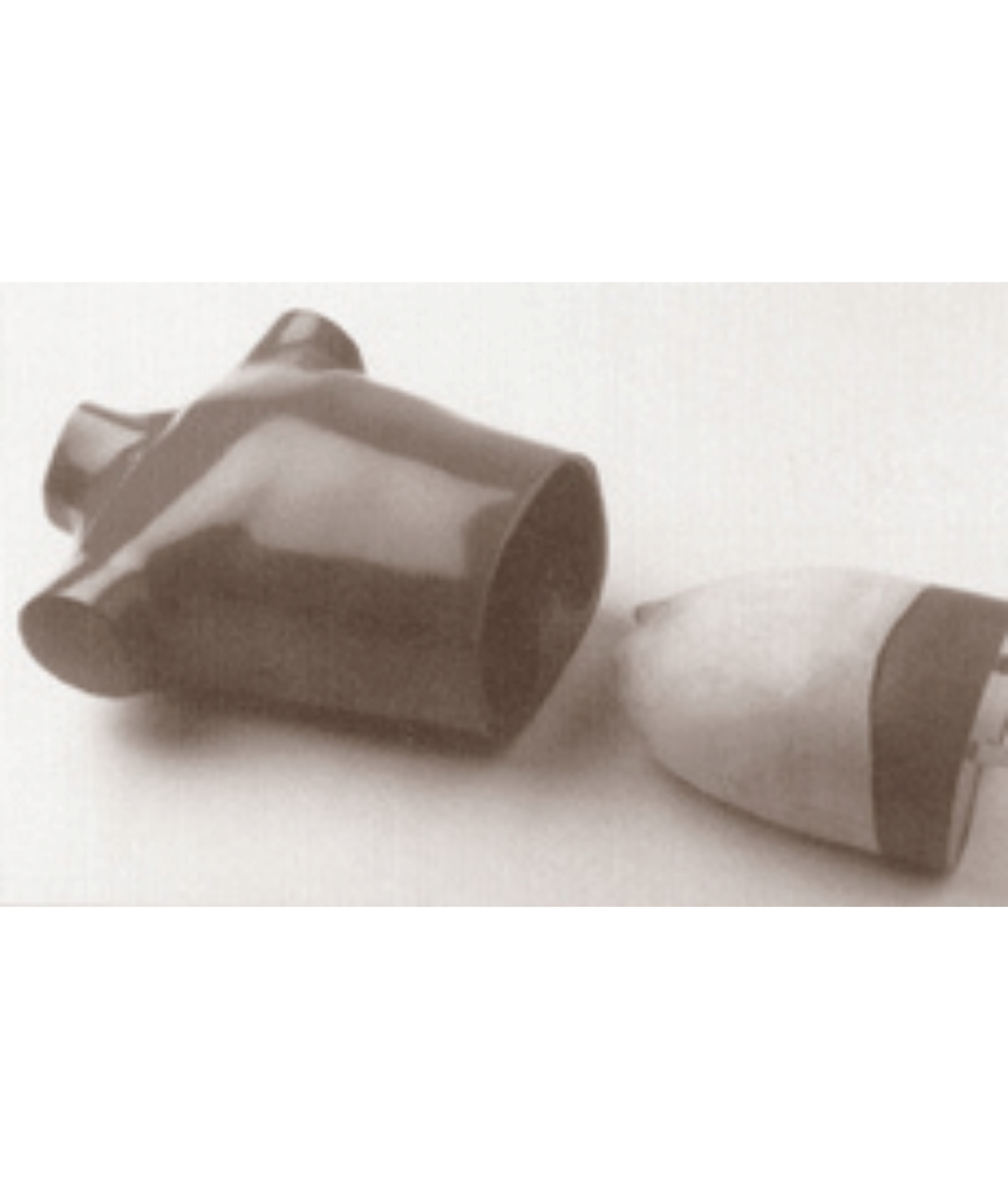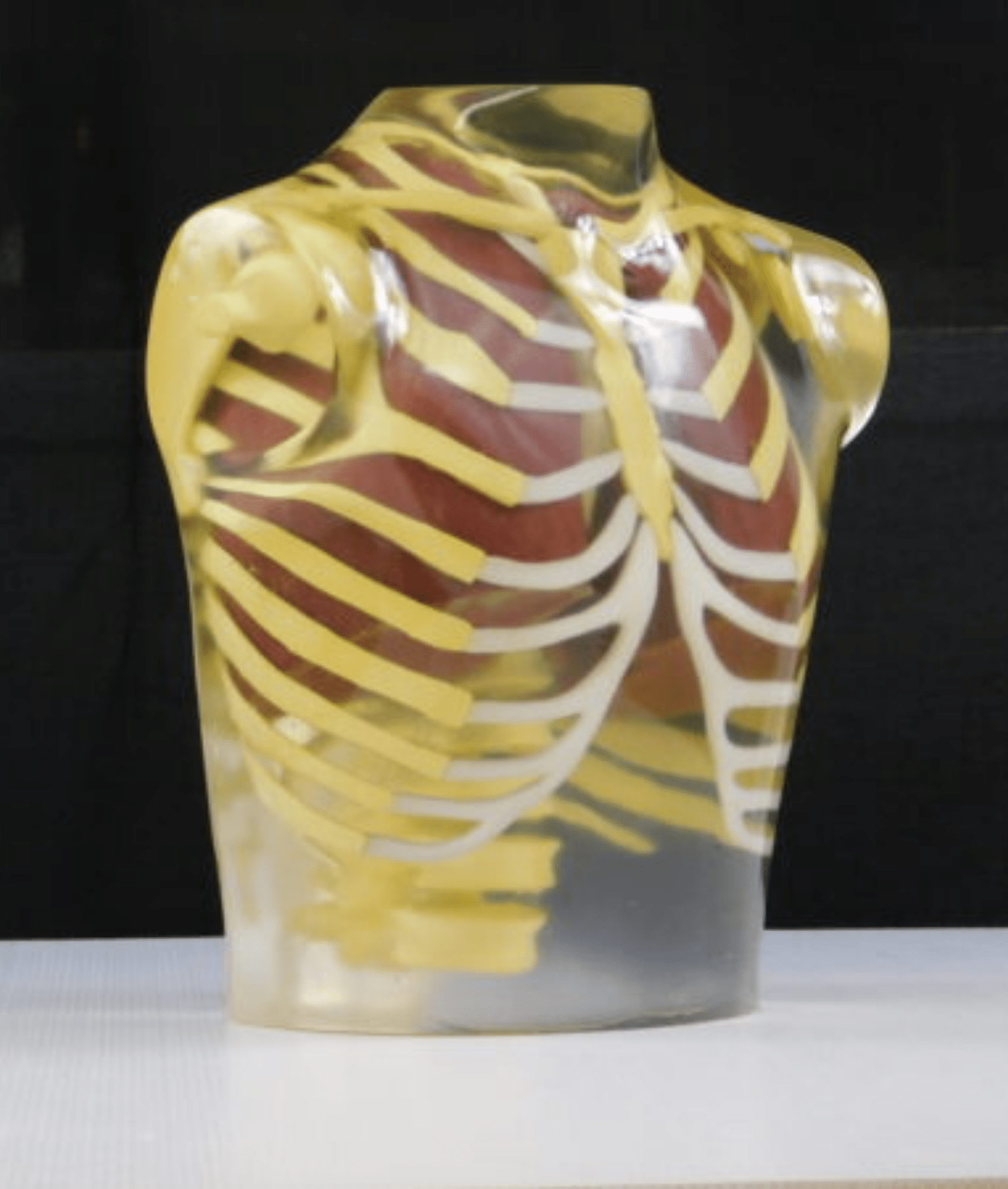Description
Applications
- Teaching & training
- Image quality
- Dosimetry verification
- Protocol verification
Modalities
- CT
- X-Ray
- Fluoroscopy
The Angiographic Head Phantom provides a “dry run” to thoroughly assess angiographic equipment and ensure that is operating satisfactorily in all significant details before subjecting patients to radiological procedures. If the imaging system malfunctions, the phantom also plays a critically important role in isolating and verifying the correction of problems. The Angiographic Head Phantom confines the variables to components and technique and has proven to be an invaluable service and teaching tool.
This phantom is available as either a full or half head. The full head has the advantage of representing the full scatter properties and subject contrast of a human head. The half-head model is well suited to non-grid techniques. It has the advantages of lighter weight, lower cost, and smaller size, easily fitting into a briefcase. Each Angiographic Head Phantom contains a 5-step wedge. A 2-10 line pair/mm test pattern is optional. Other patterns or test objects and custom pathologies are available on special order.
The combination of the simulated vascular pattern, resolution chart, and step wedge enable the user to correlate physical parameters (such as resolution, contrast, and speed) with the subjective evaluation of the skull markings and the vascular detail.
Unique RSD soft-tissue equivalent material is used for the skin tissue and neck and is adjusted to brain density in the cranium. This material closely duplicates brain tissues in radio-absorptive and scatter properties. The phantom is virtually shatterproof.
A high contrast 3-dimensional vascular pattern is placed in the median plane. The pattern closely resembles an internal carotid arteriogram in its early phase. The radio-density of the angiographic pattern has been adjusted to represent a 75% contrast-media. The phantom can be used omnidirectionally.




































